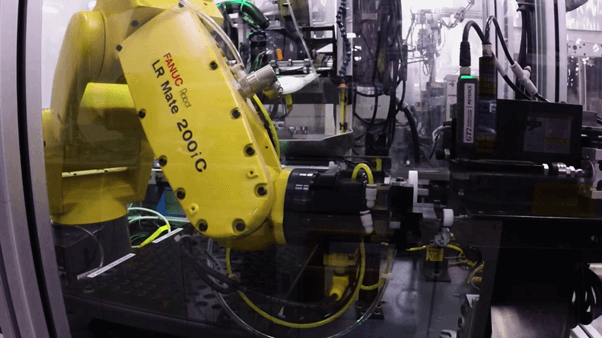Injection molding is a well-known manufacturing process commonly used in the process of production via injecting molten elements into a mold. The process is also known as die-casting, elastomers, as well as confections. Most commonly, the moment a product has been designed, you will realize that using the industrial designer and engineer, molds will be constructed by a mold maker from metal or aluminum.
A precision-machine is then used in forming the
features of the different desired parts, including small and large portions.
After the product has been designed, you shall realize that the material has
been heated into a barrel using a screw and then injected into the mold
cavity.
Here, it will cool and then hardened to
the cavity’s configuration. And after a product has been designed, usually via
an industrial designer, the molds are created using a maker from metal. Often,
it is through steel or aluminum. A precision-machine is also used in the
process. The injection molding process is used in the manufacture of different
components across the world.

Different advances in the 3D printing tech world
coupled with photopolymers that do not melt during the process of injection
molding of lower temperature thermoplastics. Typically, that can be used for
the simple injection molds.
The parts to be injection molded need to
be carefully designed in order to enhance and facilitate the entire molding process. The
material utilized for the part, coupled with the desired shape, should be put
into consideration in the long run. Other than that, the versatility of the
injection molding will be facilitated by the breadth of the design and its
possibilities.
Injection molding is often used in
producing thin-walled plastic elements for different applications. One of the
common ones is plastic housing. Usually, the plastic housing refers to a thin-house enclosure
which needs ribs and bosses on the inside. The housings are often used in
different products such as household appliances, consumer electronics,
automotive dashboards, in addition to power tools.
Additional common thin-walled elements
include various types of containers, including buckets. The injection molding,
in this case, will be used in producing daily items, including toothbrushes and
small plastic toys. Medical devices, such as valves as well as syringes, are
often manufactured using the process. In it all, clamping is a viable procedure
when it comes to material molding.

Every molding material is attached to the molding
machine, and then a single half is always allowed to slide. Over and above, the
clamping unit will be used to push the mold halves of your mold.
Take-Home
Injection
molding has been used as a great form of
technology for the production of different products. It is useful when it comes
to finalized prototypes used for consumer and product testing.
Before the latest phase in manufacturing, 3D printing is more affordable for products in the stages of design. Attempting to melt a plastic the second time is going to result in the burning of the material. And as such, apart with wall thickness would need more attention in the mold tool design to ensure uniform cooling.


